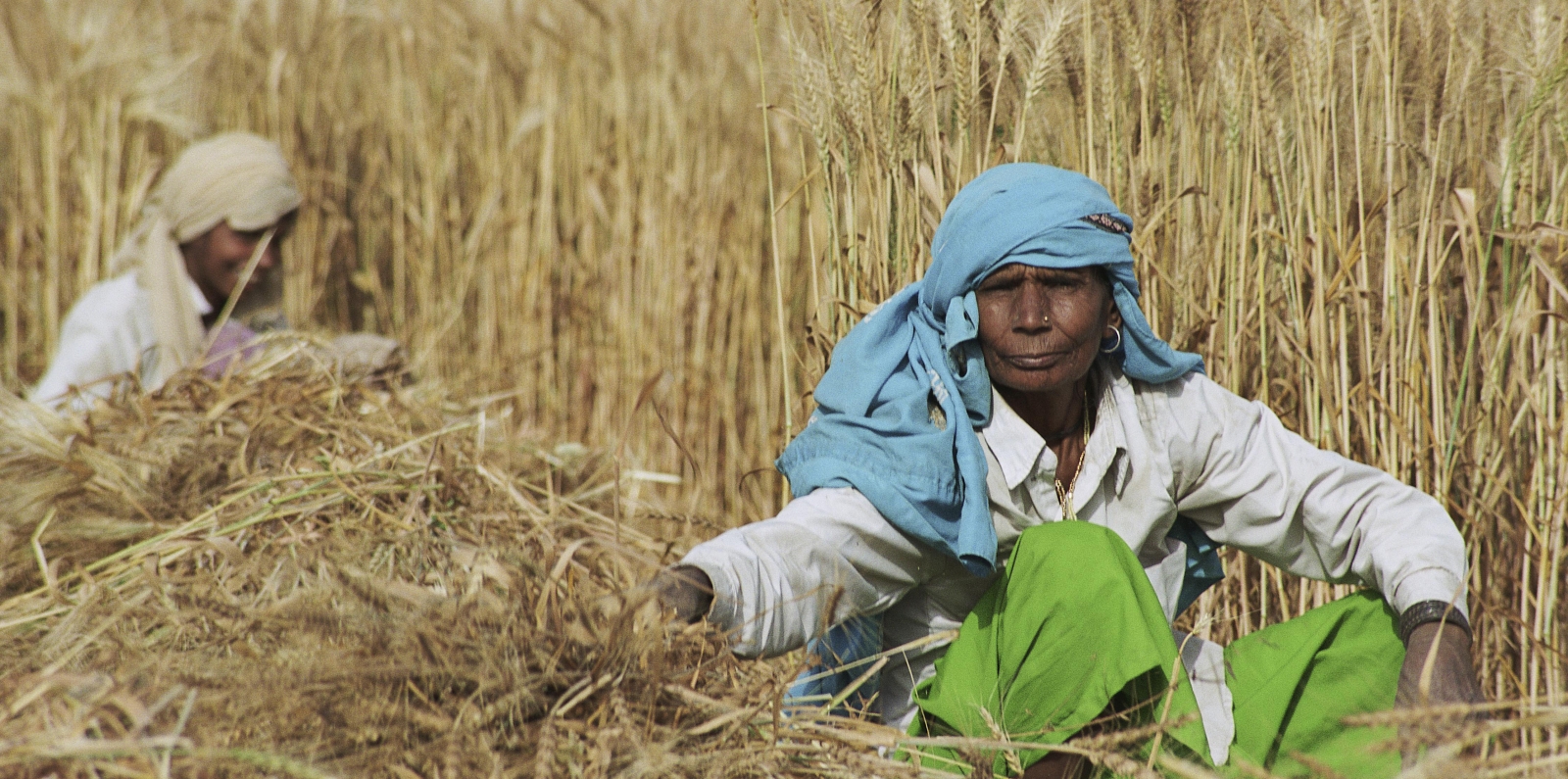Originally published on the US Department of the Treasury website.
Photo: Scott Wallace
WASHINGTON – Partners in the Global Agriculture and Food Security Program (GAFSP), a new fund to tackle global hunger and poverty, this week announced that five developing countries will receive the fund's first grants totaling $224 million. The grants – approved for Bangladesh, Haiti, Rwanda, Sierra Leone and Togo – will help each country increase food security, raise rural incomes and reduce poverty. These investments will help transform the lives of more than two million people in rural areas.
Launched in April 2010 with $880 million in commitments from the United States, Canada, South Korea, Spain, and The Bill & Melinda Gates Foundation, GAFSP represents a global effort to aid vulnerable populations afflicted by hunger and poverty and is a key element of the Obama Administration's initiative to enhance food security in poor countries. In the run up to the G-8 and G-20 Leaders Summit, today's announcement demonstrates the commitment of the international community to forge a strong, swift and coordinated response against global food insecurity.
"Today we are making real progress toward our promise to fight global hunger and poverty," said Treasury Secretary Tim Geithner. "These investments will help transform rural communities by empowering them to grow more and earn more. At a time of limited resources and with more than one billion people undernourished, this fund leverages our contributions to tackle one of the most pressing challenges of our time."
Based on country proposals for the grants, the fund will make investments in:
- Bangladesh ($50 million): To enhance the productivity and resilience of smallholder farmers against tidal surges, flash floods and frequent droughts, the fund will finance the adoption of improved seed varieties and better water management techniques.
- Haiti ($35 million): The fund will raise the productivity of smallholder farmers, especially women, by improving access to seeds, fertilizers and technology.
- Rwanda ($50 million): With 90 percent of Rwanda's arable land on hillsides, the GAFSP investments will transform hillside agriculture by reducing erosion and bolstering productivity in an environmentally sustainable manner.
- Sierra Leone ($50 million): GAFSP will finance commercialization of smallholder farmers through better inputs, farm management training and linking farmers to market.
- Togo ($39 million): The fund will bolster yields in rice, maize and cassava through the provision of improved seed varieties, technical assistance for smallholder farmers and better smallholder access to affordable credit.
It is estimated that the sudden increase in food prices in 2008 drove 100 million people into poverty. Even before the food price spikes, 850 million people in poor countries were chronically malnourished. GAFSP seeks to improve food security and reduce poverty by delivering rapid and predictable financing for the agriculture sector in low-income countries.
"GAFSP is aligned with our vision of a world free from hunger," said Begum Matia Chowdhury, Bangladesh's Minister for Agriculture. "We are pleased by the rapid progress GAFSP has made to date since G-20 leaders' call for creation of a Trust Fund for Agriculture and Food Security. We thank the development partners for their contributions to the GAFSP and urge all to do more in order to help bring the poor people of the world out of hunger and poverty as quickly as possible."
The GAFSP's Steering Committee is composed of an equal number of voting members from donor and recipient countries, as well as three representatives from civil society organizations in a non-voting capacity. Based on technical reviews, it selected five countries out of several competing proposals. Successful country proposals demonstrated a high level of need, a supportive policy environment and a comprehensive plan for agricultural development.
"The grants for these five developing countries represent an important first step towards achieving food security by giving poor people the opportunity to grow enough food to ensure that their families do not go hungry," said World Bank Group President Robert B. Zoellick. "I would like to thank donors to this fund for their generous support and look forward to working with them to fulfill our promises to boost agriculture and food security in developing countries. We cannot have one billion people around the globe chronically hungry and, even worse, to have this number continuing to grow."
The fund was created in response to a call by G-20 Leaders in Pittsburgh last year for the World Bank Group to work with interested donors to set up a multi-donor trust fund to implement some of the $22 billion in pledges made by G-8 Leaders at their meeting in L'Aquila.
###
Type
NewsDate
Focus area
- Access to Finance
- Climate Change
- Fragility
- Gender
- Inclusive Business
- Nutrition
